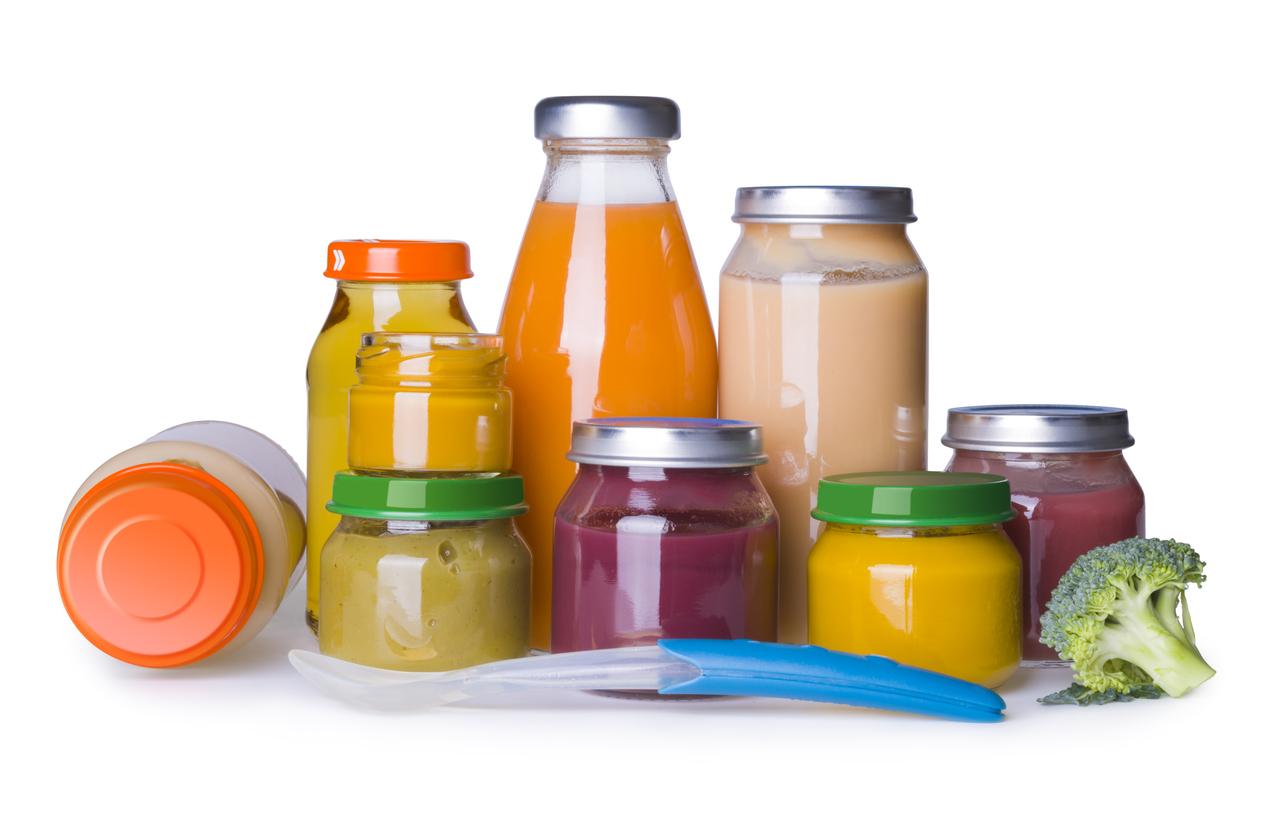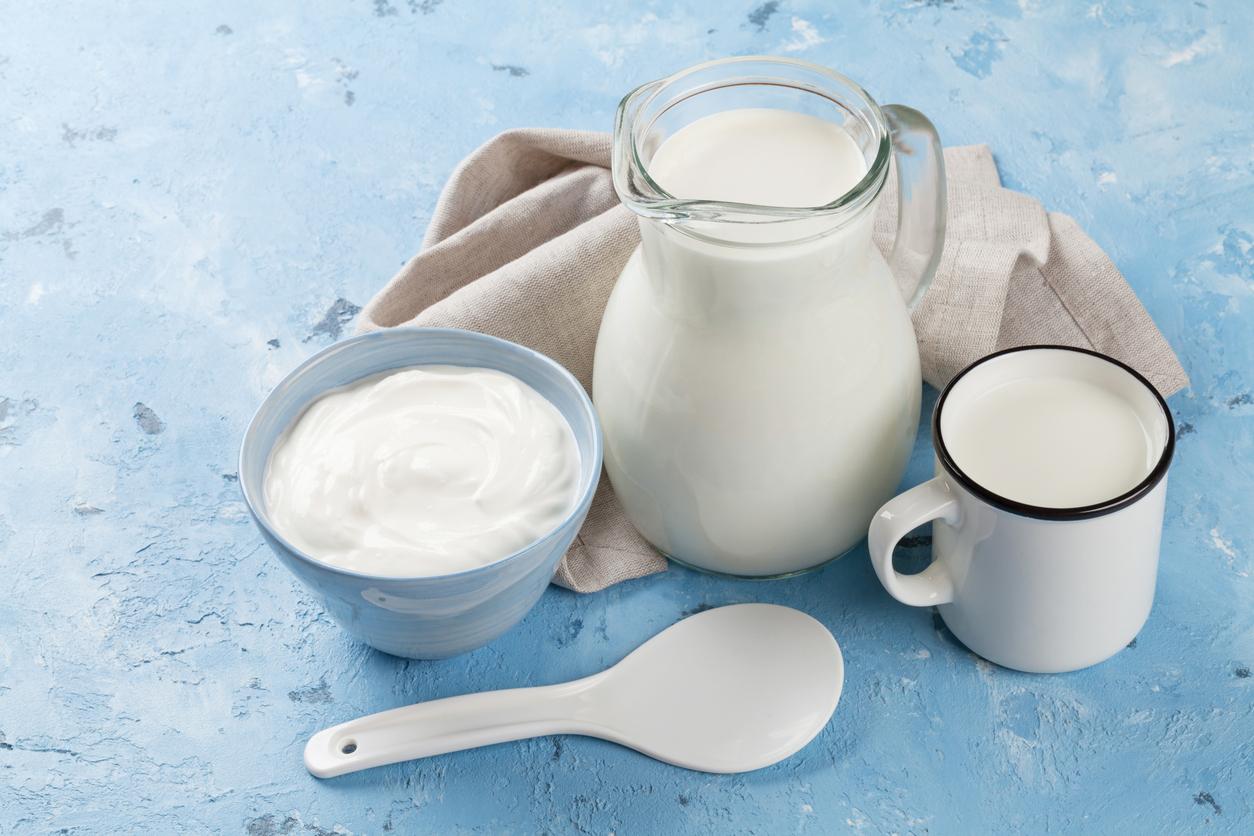Boys and girls are not equal when it comes to breastmilk. A study conducted by the team of Katie Hinde, a biologist at Harvard University in the United States, proves that the sex of the baby influences milk production in monkeys and cows. Boys get more milk rich in fat and protein, while girls benefit from a greater amount. According to scientists, everything would be programmed at the time of pregnancy. “According to a common myth, breast milk is of a standard composition. But organic recipes for girls and boys can be different,” the researcher announced at the annual conference of the American Association for the Advancement of Women. science, gathered in Chicago.
In rhesus monkeys, this difference would be explained by the need to accelerate the development of females so that they reproduce faster thanks to a greater supply of calcium, explain the researchers. Males, on the other hand, spend more time playing and need more energy, which results in the production of richer milk. The same goes for cows, where female calves receive more milk than males. In contrast, in humans, “there are only five studies that compare breast milk for boys and girls. And some show differences, others don’t,” says Katie Hinde.
The researcher would like a similar study to be carried out on human breast milk, according to the agency The Associated Press. If this type of work ever gets published, it could help improve formulas formula, intended for women who have breastfeeding problems and for children who are sick or born prematurely.
















